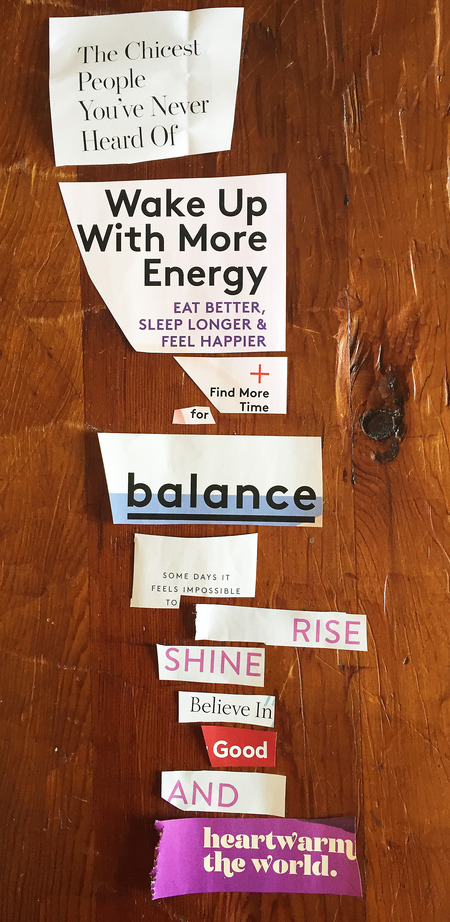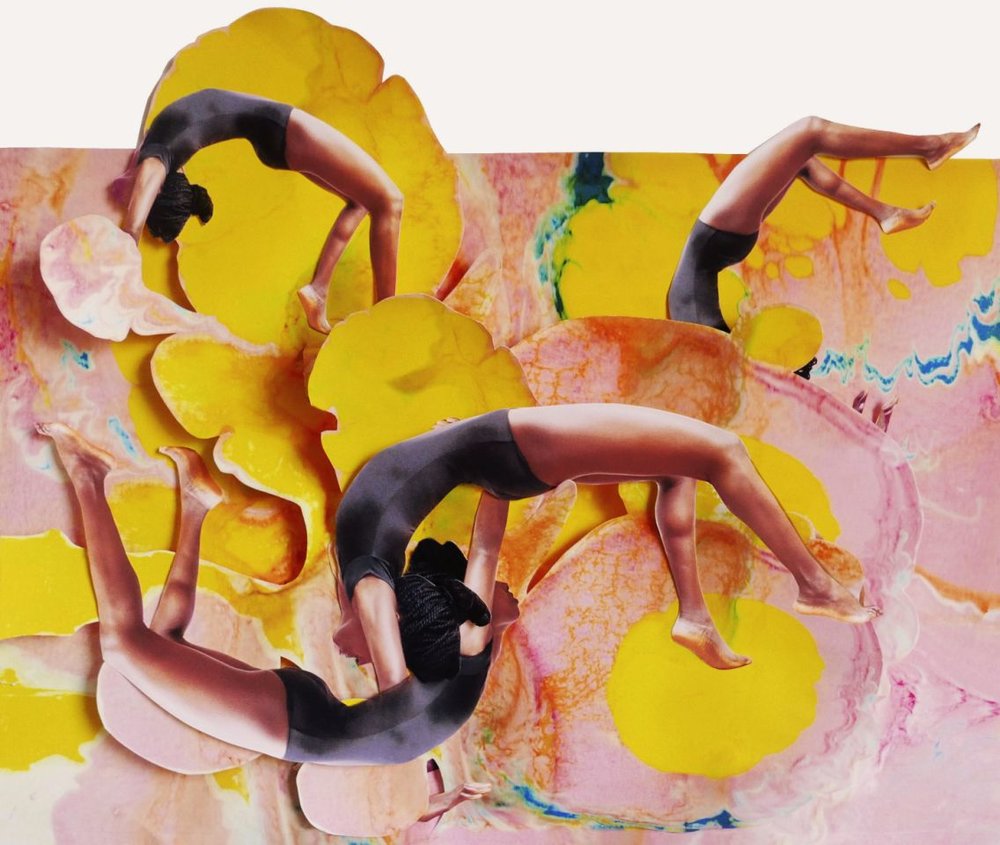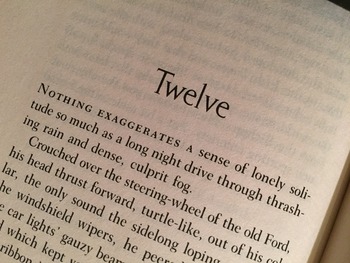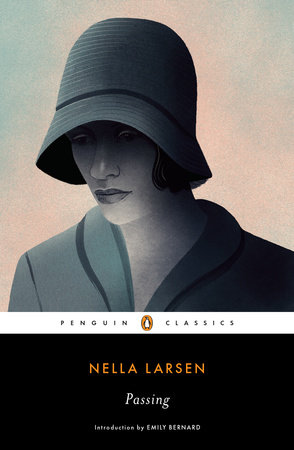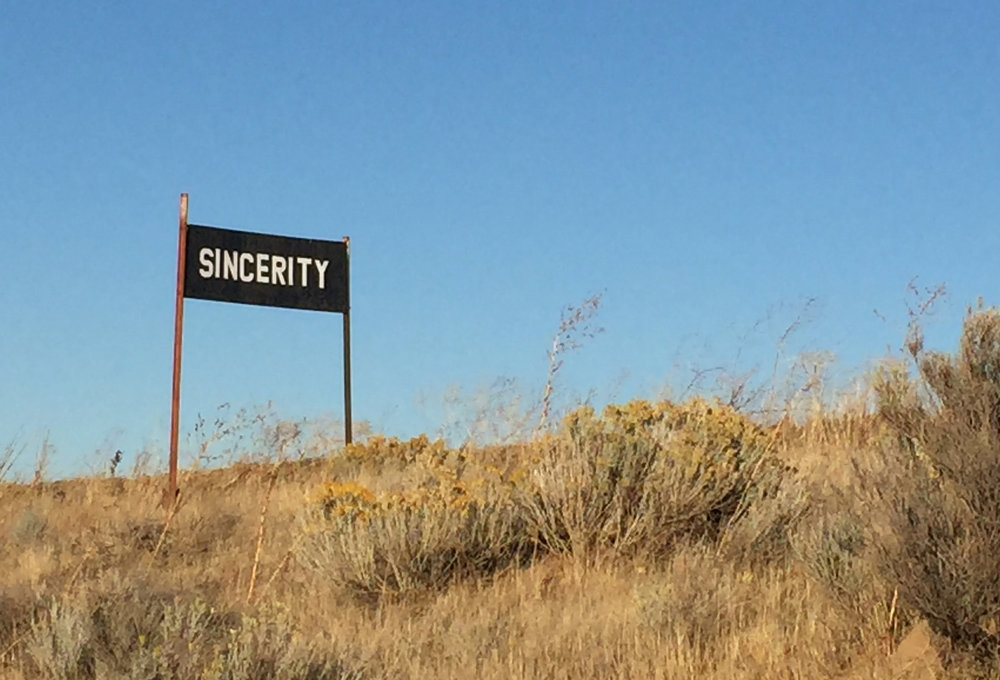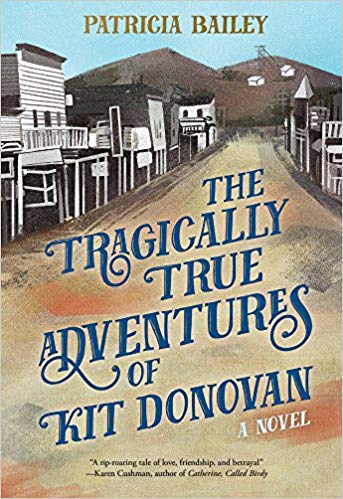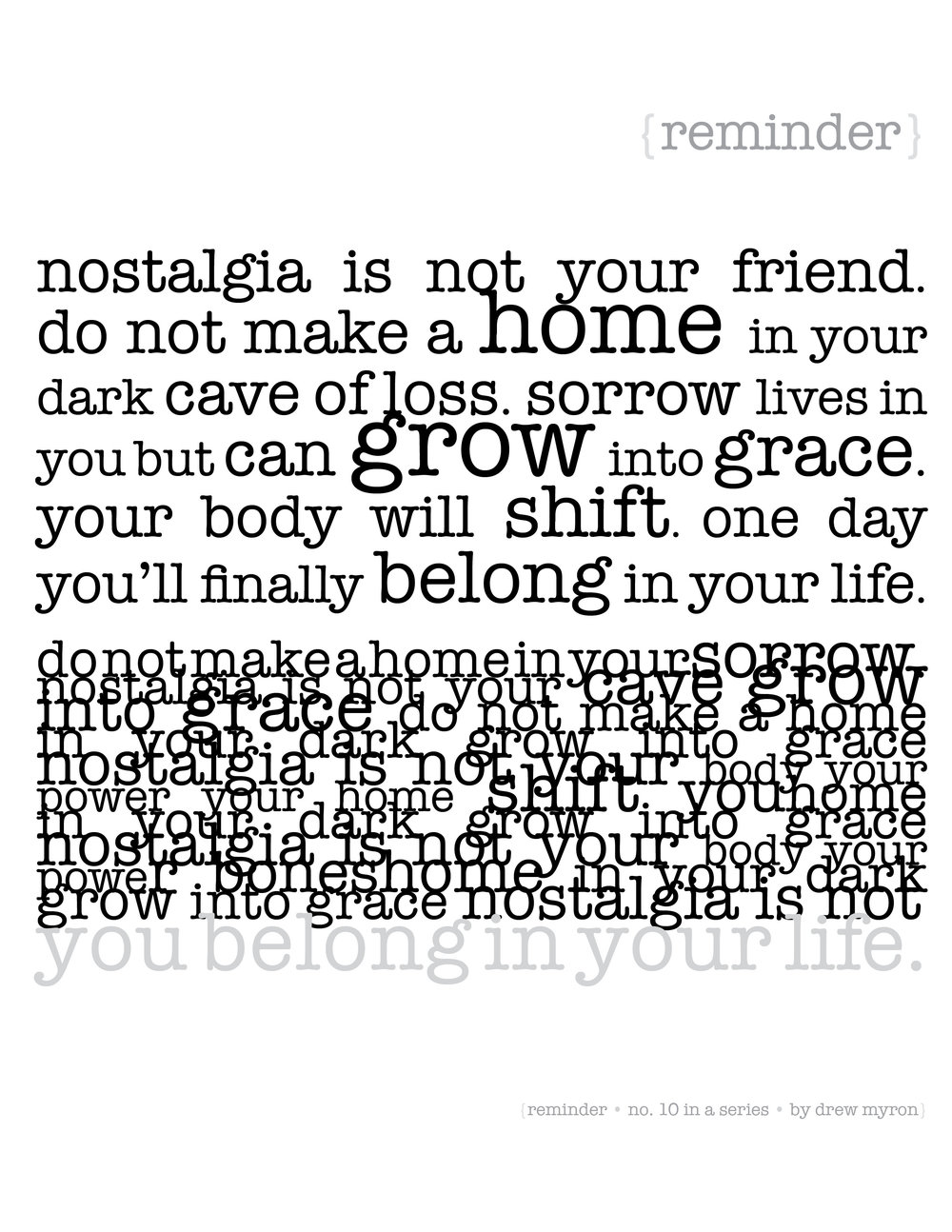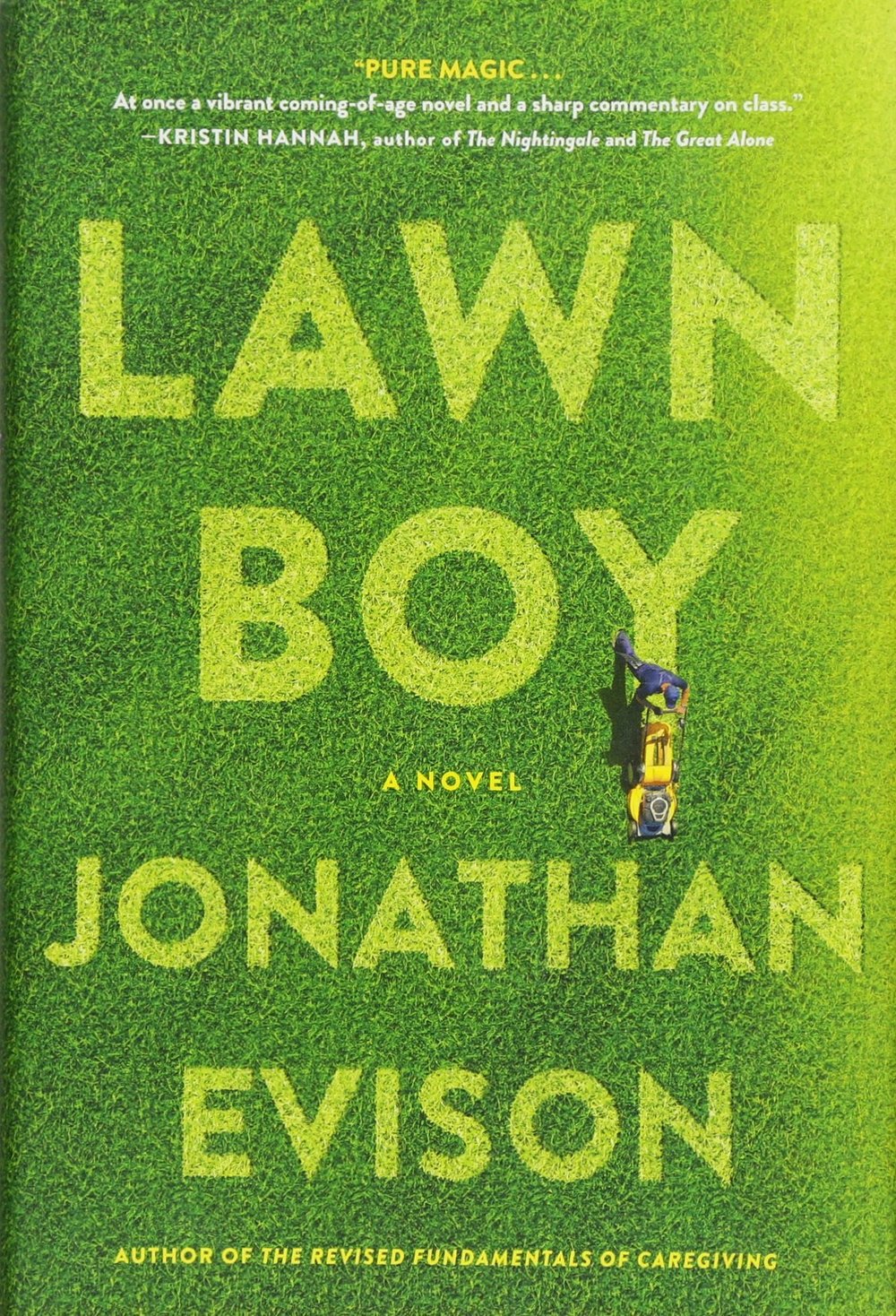Ahhh, don't you love these languid days between Christmas and New Year?
For readers and writers and those who enjoy soft unstructured time, it's an excuse to sink into books without distraction or guilt. And a chance to look back with gratitude at books that have entertained, elevated and sustained.
Here are some of my favorite books I read this year (not necessarily books published in 2018):
FICTION
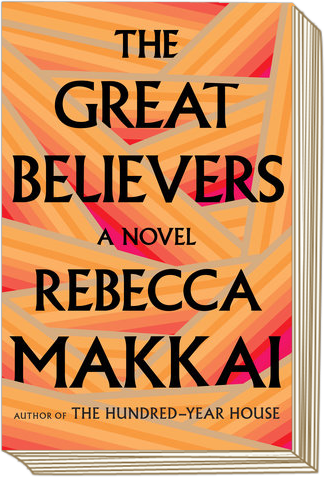
The Great Believers
by Rebecca Makkai
I have just a few chapters left in this page-turner and it just may be my favorite novel of 2018. It's a wrenching and real character study of shame and despair of AIDS in the 1980s.
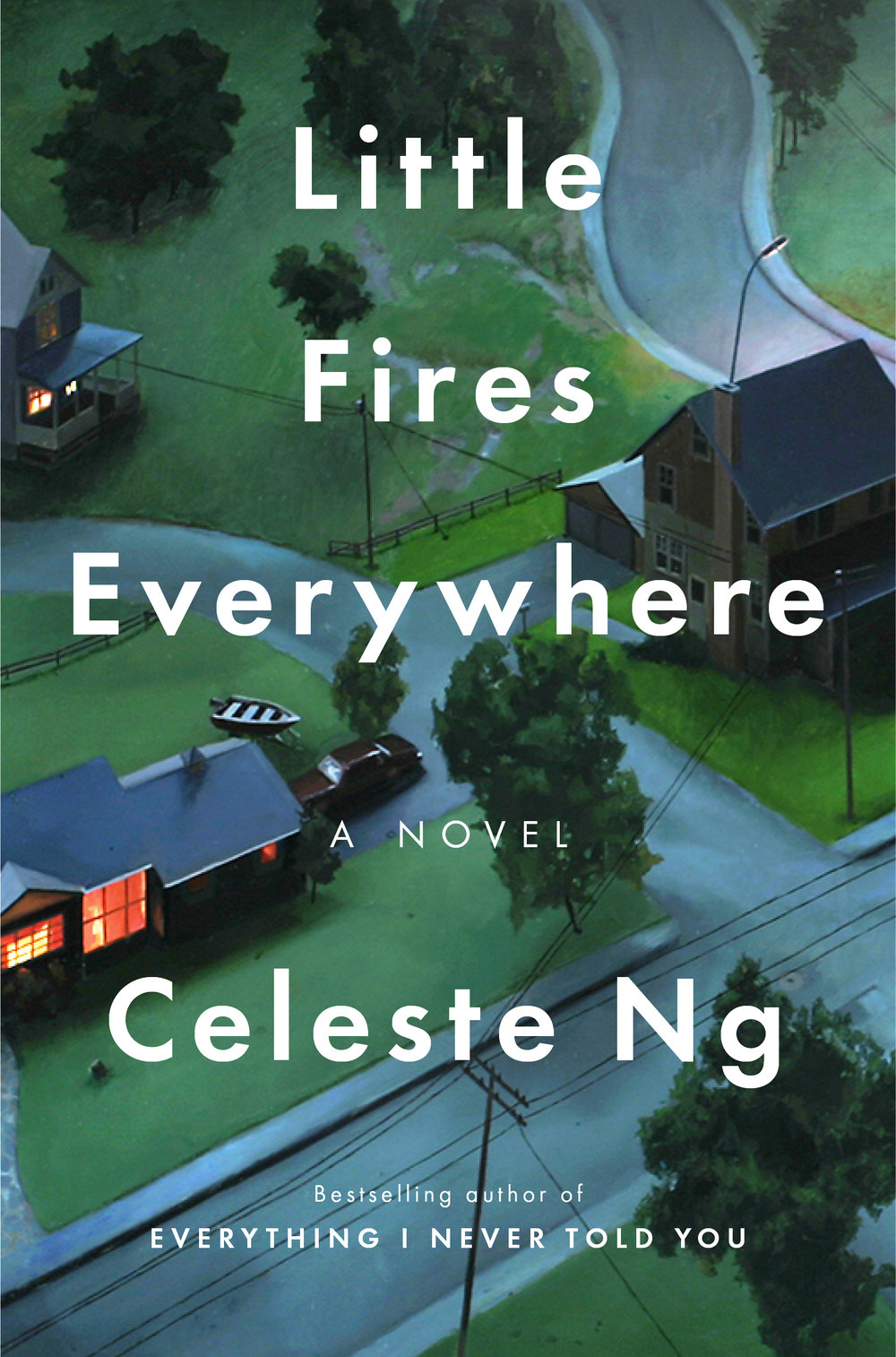
Little Fires Everywhere
by Celeste Ng
A slow-burning story about a small town thrown into disarray by a court dispute, with a simmering plot on the complicated angst of family love.
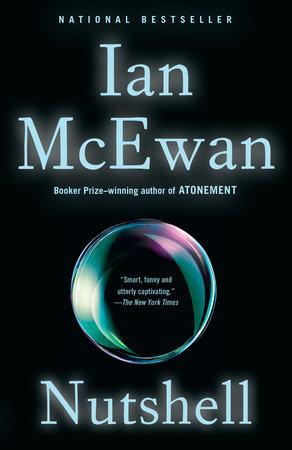
Nutshell
by Ian McEwan
A classic tale of murder and betrayal, and such an odd, delightful, unexpected novel.
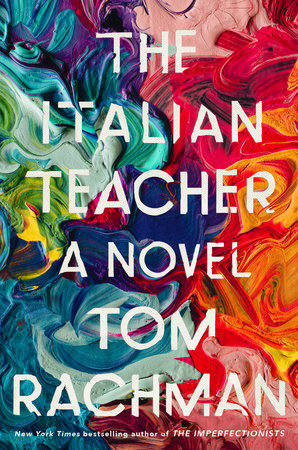
The Italian Teacher
by Tom Rachman
A novel with a slow start but phenomenal build, with unexpected twists and a nicely wistful conclusion. (My favorite of his novels is The Imperfectionists).
MEMOIR
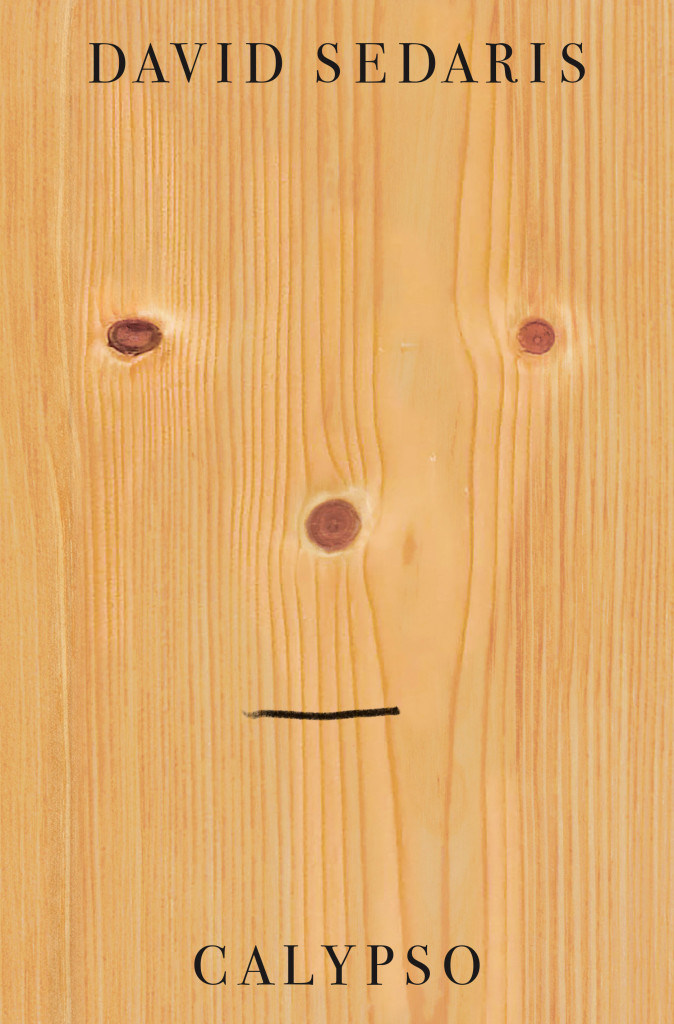
Calypso
by David Sedaris
Here's my new discovery: David Sedaris is best enjoyed by audiobook. An animated performer, Sedaris tells a story with vivid voice and comedic timing that leaves me laughing out loud. I'll never "read" him again. (My favorite of his audiobooks is Let's Explore Diabetes with Owls)
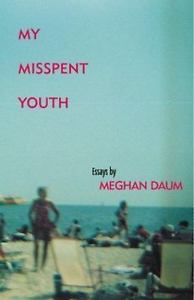
My Misspent Youth: Essays
by Megan Daum
I'm late to the party on this one but glad I caught up. I lived briefly in New York, and while not usually nostalgic, this collection of sharp and honest essays brought back the wonder and ache of those Manhattan days.
ESSAY
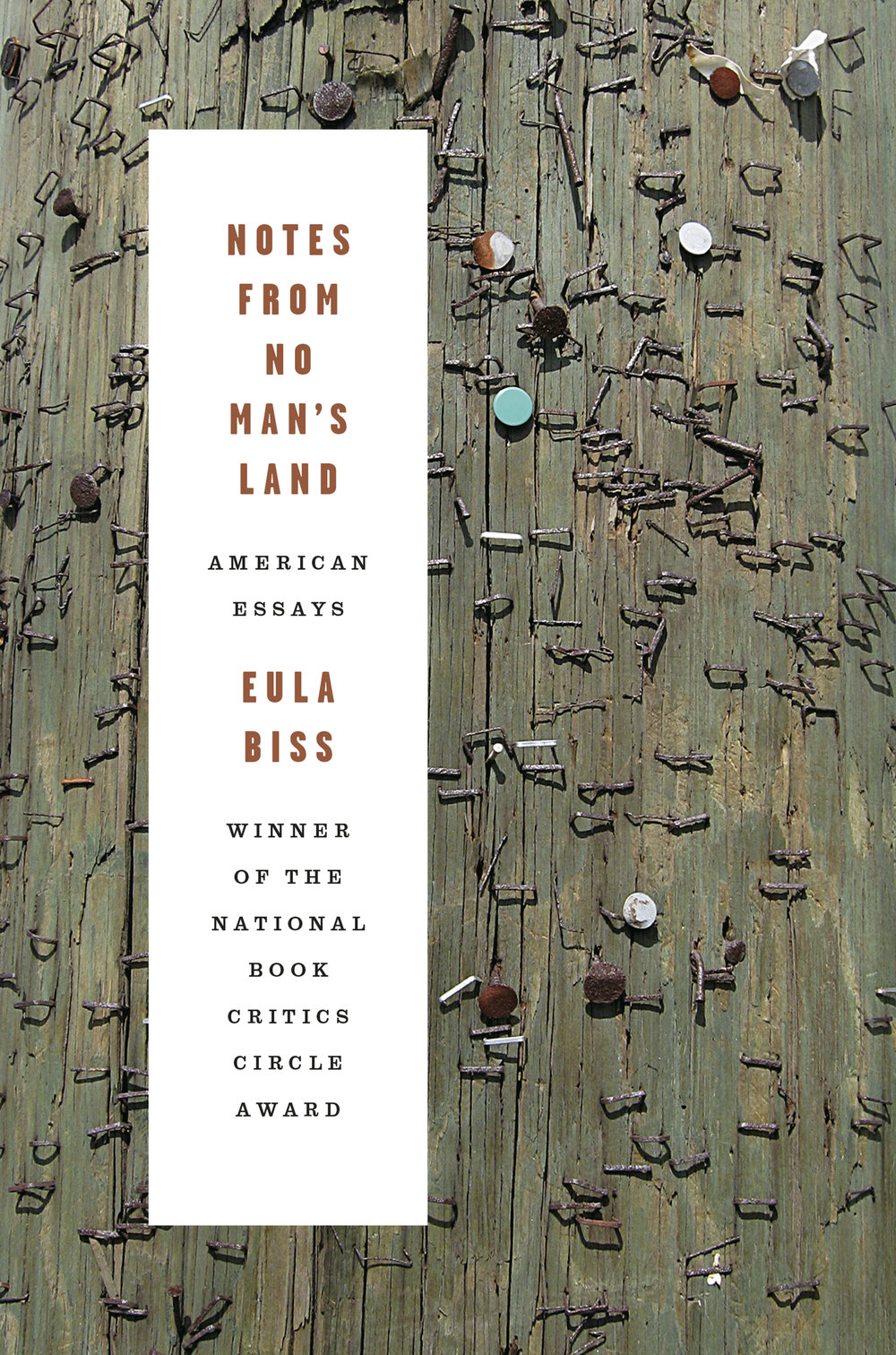
Notes from a No Man's Land: American Essays
by Eula Bliss
I'm still not sure if I like this book but months later I keep thinking about it so it definitely stirred me — and isn't that the best kind of reading experience? Reviewer Robert Polito sums my sentiment: " . . . a mix of insistence and quandary, as though she is despairing and pressing on simultaneously."
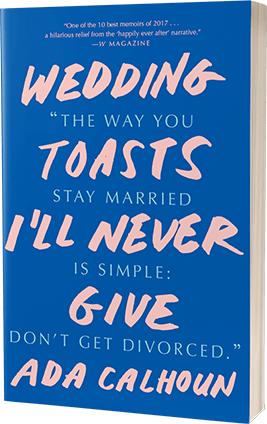 Wedding Toasts I'll Never Give
Wedding Toasts I'll Never Give
by Ada Calhoun
On our first date I told my now-husband that I didn't believe in the institution of marriage. And so, this collection, both sharp and tender, hits me where I live and love. "By staying married, we give something to ourselves and to others: hope. Hope that in steadfastly loving someone, we ourselves, for all our faults, will be loved; that the broken world will be made whole," she writes. "To hitch your rickety wagon to the flickering star of another fallible human being — what an insane thing to do. What a burden, and what a gift."
NON-FICTION
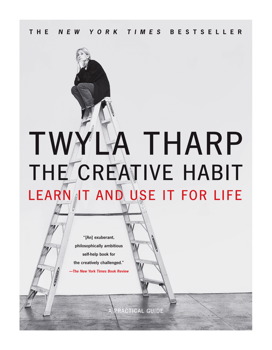 The Creative Habit: Learn It and Use if for Life
The Creative Habit: Learn It and Use if for Life
by Twyla Tharp
From the renowned choreographer, an excellent, practical guide to fostering creativity.
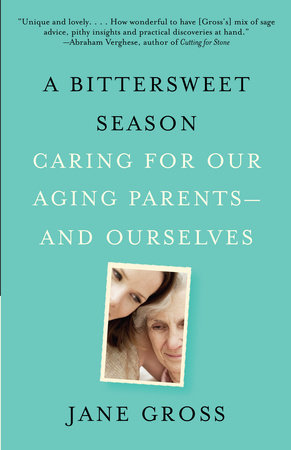
A Bittersweet Season: Caring for Our Aging Parents — and Ourselves
by Jane Gross
A daunting but valuable first-person account from a New York Times columnist navigating the labyrinth of health care and housing choices for her mother. "Wherever I was, I wasn’t where I was supposed to be, and I wasn’t doing what I was supposed to be doing . . . The car was my sanctuary. Before heading home from the Meadowview, with my mother snug in bed, I slumped over the steering wheel, sobbing. Across America, in parking lots like this one, middle-aged daughters do this all the time. I never noticed until I became one of them."
SHORT STORIES
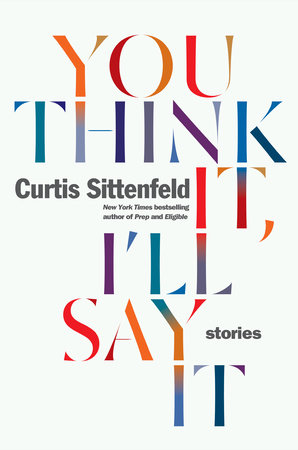 You Think It, I'll Say It
You Think It, I'll Say It
by Curtis Sittenfeld
Months after tearing through this collection, I'm still pierced by the sharp and poignant ways we love and hurt one another. With echoes of Ann Beattie and Lorrie Moore, Sittenfeld, known primarily as a novelist, shines in the short form too.
POETRY

Letter Composed During a Lull in the Fighting
by Kevin Powers
I wasn't looking for poetry when I stumbled across this book, and that makes the discovery all the better. Iraq war veteran Kevin Powers has created a deeply affecting portrait of a life shaped by war — and, frankly, it's a voice of experience I haven't read nearly enough. Read the title poem here.
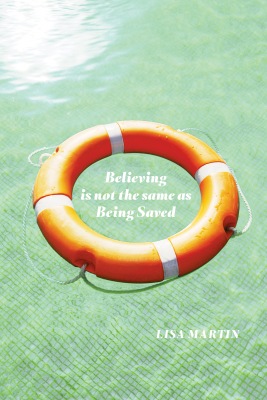
Believing is Not the Same as Being Saved
by Lisa Martin
It's not a perfect book of poetry, uneven in spots and needing an editor to tighten the gems. But there are stunners in this collection that make my heart lurch with recognition.
Remind me, is this how it always goes?
There’s a way of speaking as if the difference
matters, as if the road home is finite—everything
begins and ends somewhere, like your hand
in mine . . . The mind
seeks a place where it can learn to lie down.
— from Map For the Road Home
Your Turn: What books stirred and stayed with you this year?
Good Books of 2017
Good Books of 2016
Good Books of 2015
Good Books of 2014
Good Books of 2013
Good Books of 2012
Good Books of 2011
